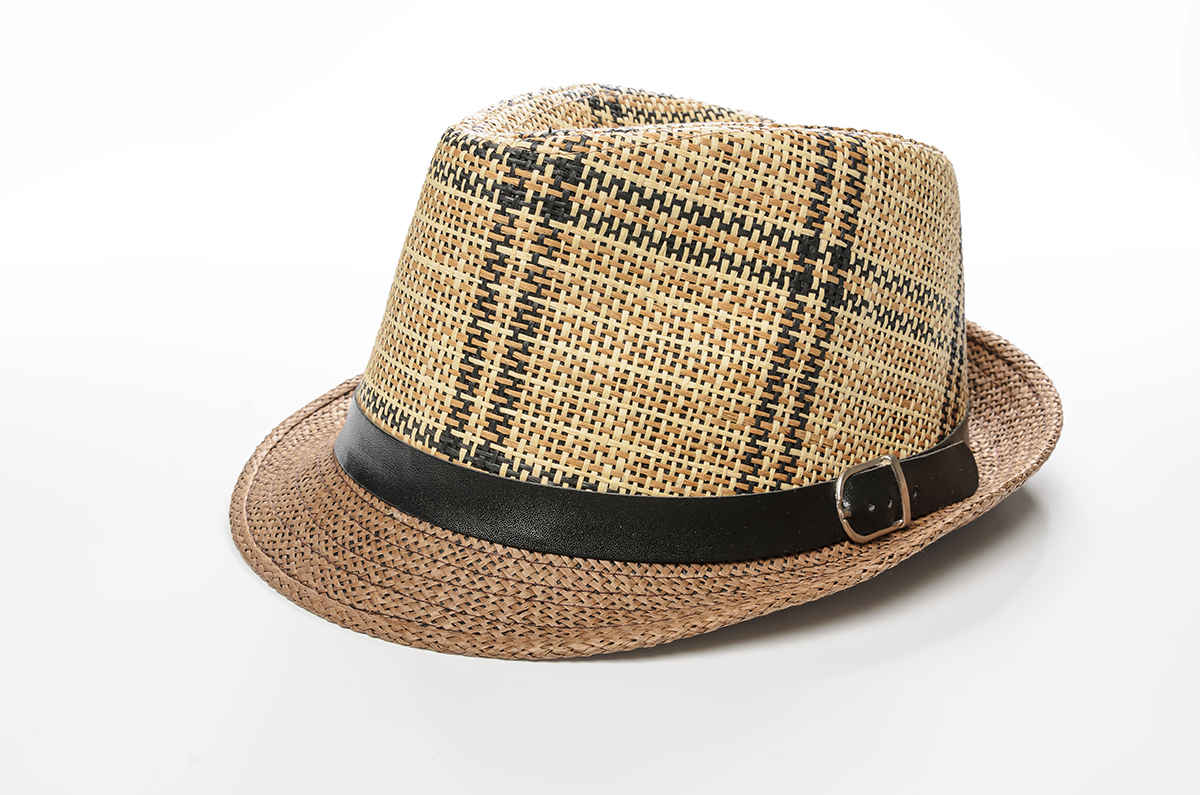Top 4 Outrageous Taxes You Didn’t Know Existed!
13th January 2022
With the self-assessment deadline fast approaching and taxes on everyone’s minds, we thought it might be a little light-hearted relief to share some purported bygone taxes we will all be pleased to know don’t apply anymore!
Window Tax
Have a little count of the windows on your home and thank your lucky stars that this tax no longer exists!
Introduced in 1696 in England, this tax aimed to generate revenue from the richer communities of society, on the premise that the more money you had, the larger would be the home and number of windows. When launched, if your house had 10 windows or more then a tax was applied, with the final amount dependent on the final number of windows. This approach was unpopular for a number of reasons. Often in populous, urban areas, multiple poor households would live together in large buildings, with a high number of windows. As the landlord was liable to the tax, this meant that windows were often boarded up or new builds constructed with few windows, meaning poor ventilation for those living there. The other alternative was passing on the taxes in the form of a higher rent for those living there. The interpretation of a “window” was also woolly, with small ventilation openings and grates sometimes included in the final count. Tenants in these types of dwellings suffered from ill health and even death due to lack of ventilation and light.
It was finally repealed in 1851.
Beard Tax
The beard tax first initiated in Russia with Emperor Peter 1st enforcing it in 1698 in an effort to make Russian men more fashionable. Those wishing to continue sporting their chin warmers had to pay a tax that enabled them to carry a small token that could be presented when asked, which was emblazoned with the words “The beard is a superflulous burden”! A similar tax was introduced by Henry 8th in England in 1535, with the amount of tax paid varying depending on the individual’s status in society
Hat Tax
A controversial British tax, the principle of the hat tax was that the wealthier you were, the more hats you would own and the more expensive they would be. As most people wore a hat, it was seen as an easy and fair way to generate taxes. Introduced in 1784, it mandated that every hat shop had to have a licence and display a “Dealer in Hats By Retail” sign. This licence cost the milliner/hat retailer £2 in London and five shillings elsewhere. Each hat was stamped inside with a revenue stamp and hat purchasers had to pay 3 pence for every hat under 4 shillings, 6 pence for any hat between 4 and 7 shillings, a shilling (5 pence) for a hat between 7 and 12 shillings and 2 shillings on any hat over 12 shillings. Fines were issued to anyone who failed to pay the tax and it was the death penalty for anyone who forged the hat stamp!
Hat retailers did have a valiant effort in removing the tax by changing the terminology “hat” to “headgear” but the government responded in including this term within the tax criteria in 1804.
The tax was repealed in 1811.
Soap Tax
Although many soap dodgers would be happy for this tax to be reintroduced, people in England were not sorry to see it go in 1835! Originally introduced in 1712, it was an extraordinarily high tax which, combined with thresholds on the minimum volumes of soap that could be produced in one batch, forced many smaller soap manufacturers out of business and helped to maintain the trend for soap being firmly a preserve for the wealthy only. Standard soap price was increased as much as threefold! Smaller soap manufacturers tried to produce “black market” soap but tax collectors locked the lids of their soap boiling pans and supervised production. Many subsequently moved out of the country to Ireland and the colonies, where they were able to operate without these impracticable financial burdens.
The tax was repealed in 1835.
Speak To Our Team
Please speak to one of our expert team by clicking here.





